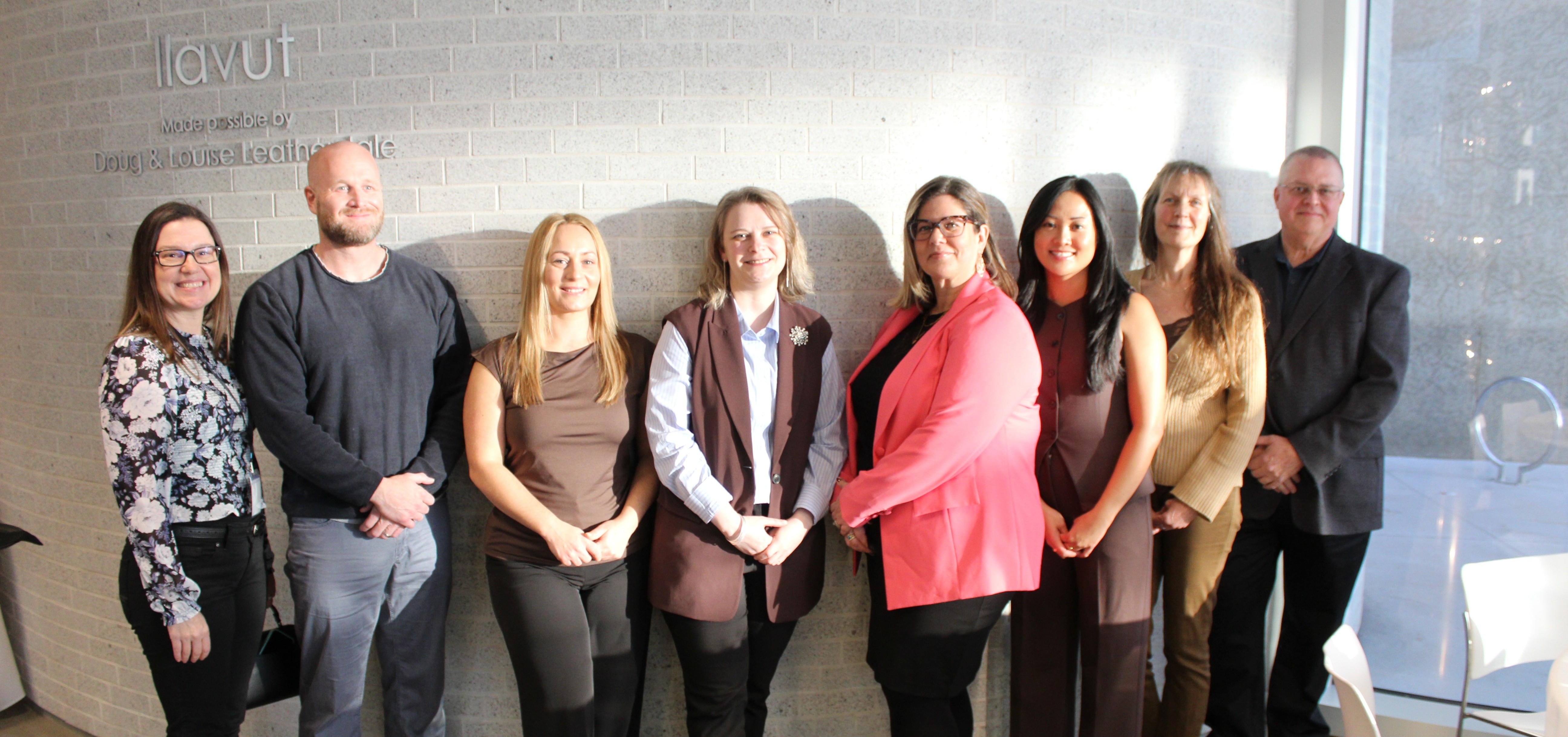The Challenge
King’s College London is an internationally renowned university providing exceptional research and world-leading research. It handles around 1,900 ethics approval applications every year. Historically, the process used paper-based applications with wet signatures from reviewers. Correspondence was distributed manually, by post or by individual email. Separate spreadsheets monitored reviewer availability and tracked the distribution of applications to reviewers. Data was spread between an Access database, email records and many hard copy files.
As a result, the process carried a heavy administrative burden, and King’s sought to streamline it with a fully integrated management system. They would need an automated yet flexible system to accommodate three review processes and required ongoing support. Some users were, however, wary of replacing the old system.
We’ve had the experience of when the internal expertise leaves, and we were not keen to repeat it!
Marice Lunny, King’s College Research Integrity and Ethics Manager
The Solution - Ethics RM
With Ethics RM, three workflows were created to accommodate each review process, from lowest-risk applications right up to highest risk ones, which require full face-to-face committee approval. This involved setting up four levels of reviewer role and two types of administrator – each able to carry out specific actions and see information that relates to their specific role.
Filter questions now sort applications (by risk, level, type of data collection, etc.) and depending on the result, various other sections are made available or hidden, if they’re no longer relevant to the application.
The Outcome
The system has proved extremely popular with users and has brought many important benefits: Users can now log in using their King’s College account details; and reviewers can easily find all correspondence and applications in one place, adding comments and authorising electronic sign-off.
Ethics RM streamlines administrative processes and minimises human error thanks to the automatic confirmation of key events like application submission, completion of review and submission to the committee. Finally, administrators never receive incomplete applications as they can no longer be submitted without key information present.
The old system wasn’t actually broken, but it was very unwieldy and took a lot of resources to operate. We had a good idea of what we need a new system to do. With Infonetica’s help, achieved that, and if I can do it, anyone can!
Marice Lunny, King’s College Research Integrity and Ethics Manager


.jpg)


.jpg)










